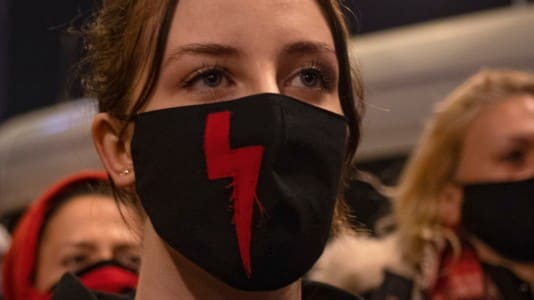Additional funding for Ukraine has been delayed both on behalf of the U.S. and the EU. However, too many experts and commentators are focusing on a lack of funding and too few on strategy and the political challenges facing the war-torn nation.
This is the state of play on aid to Ukraine after the European Council meeting and President Zelensky’s recent visit to Washington.
The situation in the U.S. is complex. It’s a mixture of a shift in public opinion, partisan politics ahead of an election year, and accountability for aid already provided to Ukraine.
Currently, further aid to Ukraine is being blocked in Congress. Republicans want to know how U.S. aid has been used so far and why military and financial support has delivered little results. Congress is also concerned about corruption in Ukraine. With 2024 being an election year, President Biden and Democrats are worrying about pushing for more aid to Ukraine which is unpopular among Americans.
The situation in the EU is even more difficult. EU countries cannot deliver the promised 1 million artillery shells to Ukraine, an admission made a few weeks ago by German Defense Minister Boris Pistorius. National governments also cannot or do not want to give money to Ukraine out of their own pockets. Similarly to the U.S., the EU’s largest economy, Germany, is facing a budgetary deadlock. Therefore, national governments want a “European solution”: more EU debt instead of more national debt. That way, they do not need to convince their own electorate that taking on more national debt is the correct move, and do not need to overcome legal limitations to acquire further capital.
The problem at EU level is that Brussels has already run out of money and new debt is necessary not only to fund Ukraine but also to beef up the entire budget of the EU.
In these circumstances, American and European considerations differ. The Biden administration’s interest is to convince the EU to play a larger role in helping Ukraine which could include taking over the entire financial burden of funding Ukraine. After an unsuccessful Ukrainian counteroffensive this year and tension growing in other conflict zones around the world, it would also be convenient for the Biden administration to shift responsibility for the outcome of the war to European allies. This would also allow the Biden administration to avoid responsibility for another Afghanistan-like disaster should Ukraine collapse.
European leaders on the other hand have no strategy and cannot see the end of the war (and war spending) yet. Nor can they decide if the U.S. deadlock in supporting Ukraine will be unlocked or if it will really be up to Europeans to carry the entire burden of supporting Ukraine. Their interest is to keep the U.S. actively involved and therefore to delay, as long as possible, a European decision to fund Ukraine. If they were to step up their efforts without a clear indication of what role the U.S. can or will play in supporting Ukraine in 2024, the EU would take over the entire burden and responsibility and pave the way for the U.S. to pull out.
Leaders at the European Council summit last week decided to divert attention away from funding Ukraine and instead chose to celebrate opening accession talks with Ukraine. That doesn’t cost anything and leaders can play it like they have done something meaningful. They also didn’t miss the opportunity to use Viktor Orbán for scapegoating. The Hungarian prime minister is raising very similar issues to that of Republicans in the U.S.: what is the strategy to end this war? How will the money be used? Essentially, how to avoid pouring money into a bottomless pit?
Some leaders definitely took the promise of “supporting Ukraine as long as it takes” seriously and their fear of Russia and their determination to help Ukraine is genuine (Poland and the Baltic states for example), while others merely wanted to please or at least not go against Biden’s policy.
Ukraine is now a hostage of this Western hypocrisy and the overly ambitious goals President Zelensky had communicated for 18 months about recapturing all occupied territory. He pulled out of a signed peace deal with Russia because Western powers promised to help its war effort for as long as it took. Now, negotiating and compromise with Russia would be unacceptable to the majority of the Ukrainian public and therefore political suicide for Zelensky.
Simply throwing money at Ukraine will not solve the problems the West and Ukraine are facing. People in both Washington and Brussels are trying to dodge responsibility for the failed strategies. To avoid another Afghanistan-like scenario, the West needs a new Ukraine strategy and allocated funding to support that strategy. One that involves a negotiated peace with Russia and a face-saving option for Zelensky. Where is leadership when you need it?
András László is a Hungarian political analyst and commentator who has previously worked as an advisor to both the Hungarian governing Fidesz delegation in the European Parliament and to the European People’s Party. You can follow him on X at @laszloan.






